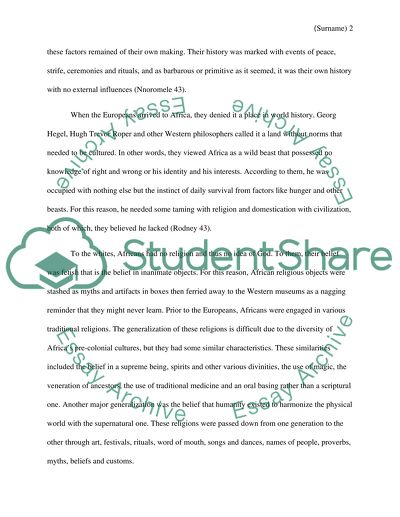It's a history class (Final Exam (Take Home), 30%) Essay. Retrieved from https://studentshare.org/history/1495132-it-s-a-history-class-final-exam-take-home
It'S a History Class (Final Exam (Take Home), 30%) Essay. https://studentshare.org/history/1495132-it-s-a-history-class-final-exam-take-home.


